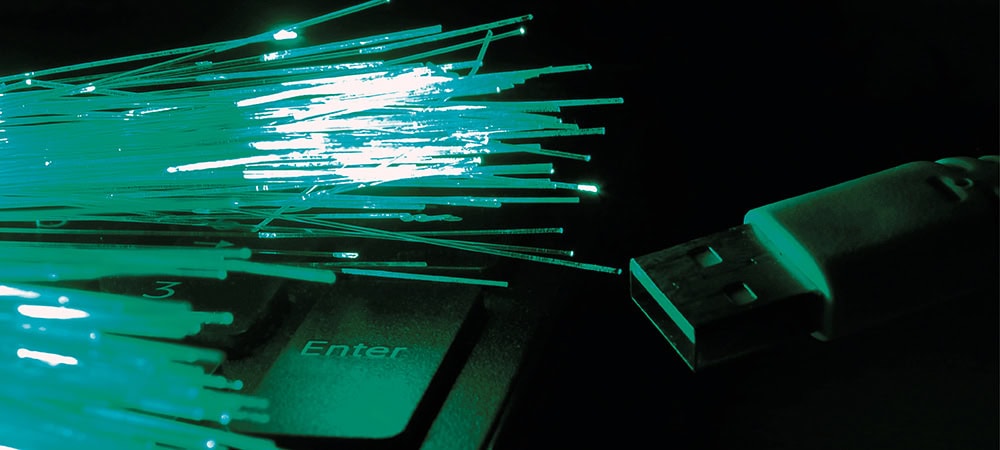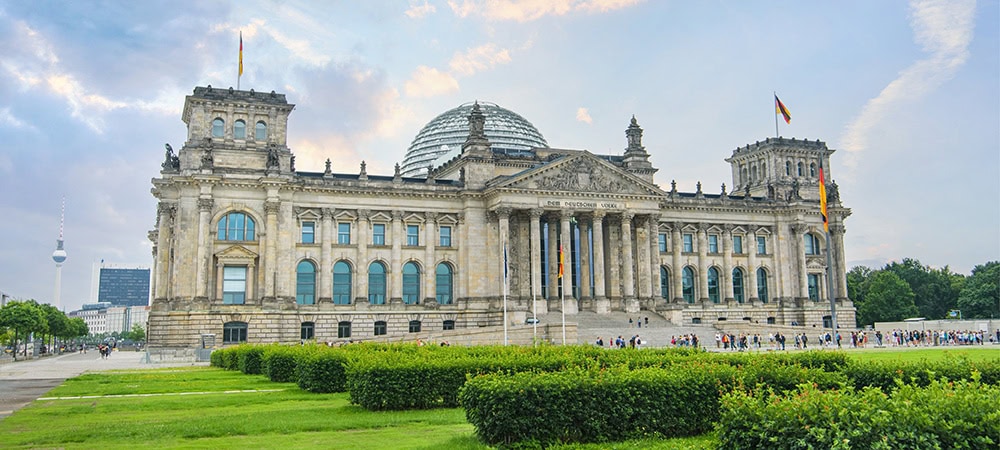SAP vs.

Veteran SAP community members remember: In 2008, Apotheker tried to massively increase the annual maintenance fee in one step.
The project failed and Léo Apotheker was surprised because massive resistance came from the D-A-CH region, while in the global SAP scene the new fee for maintenance was accepted as reasonable.
Internationally, the "young" existing SAP customers are already used to maintenance fees of well over 22 percent from other IT suppliers. In German-speaking countries, we have an SAP history that began with R/1 and IBM mainframes; internationally, many users first worked with the ERP/ECC 6.0 version and SAP's Buisness Suite 7.
SAP tries to be consistent and well-ordered on the world stage, but this quest for harmony is becoming increasingly complex: In China, SAP is a close partner of Huawei, while the Chinese group faces massive resistance in the US and Europe.
In the USA, SAP works intensively with the military intelligence services. It has been known for many years that SAP operates National Security Services (NS2) as an independent US subsidiary for this purpose (https://sapns2.com/).
This circumstance is nothing unusual for US America. In Europe, a "military" SAP subsidiary would be less acceptable. In 2020, SAP wants to, or will have to, dance on many high tides.
Contradictions will be inevitable. Whether SAP's co-CEOs Jennifer Morgan and Christian Klein will manage homogeneous communication from China to the U.S. to Europe has yet to be proven.





